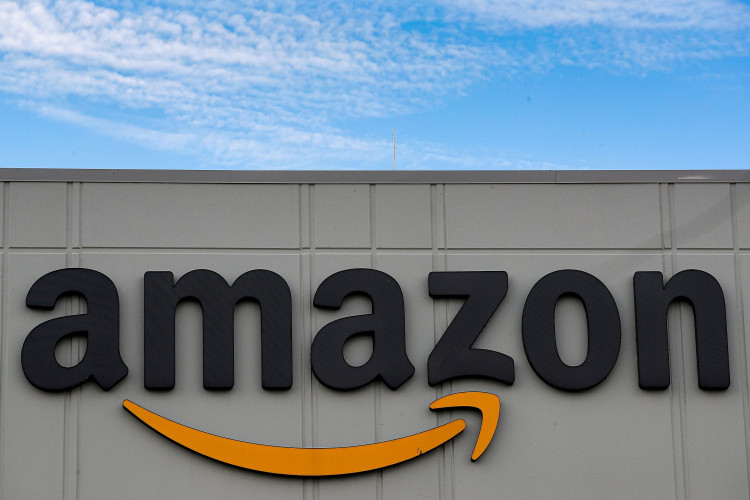Amazon has aligned itself with Elon Musk's SpaceX and the popular grocer Trader Joe's in contending that the enforcement mechanics of the National Labor Relations Board (NLRB) infringe upon the U.S. Constitution. This burgeoning coalition of companies is raising significant constitutional queries concerning the NLRB's operational framework, particularly its denial of jury trials and the stringent conditions surrounding the removal of its administrative law judges and board members.
Amazon's recent legal maneuvering emerged in the context of a case where the company stands accused of retaliating against employees at a Staten Island warehouse who chose to unionize in 2022. This filing underscores a broader resistance against the NLRB, with Amazon facing over 250 complaints nationwide alleging various unlawful labor practices in recent years. The company steadfastly denies these allegations.
Echoing Amazon's constitutional challenge, SpaceX launched its own legal salvo against the NLRB following allegations that it had improperly terminated eight employees over a letter criticizing Musk. This lawsuit, initially filed in Texas, has since been relocated to California by a federal judge, aligning the case geographically with SpaceX's headquarters.
Trader Joe's and two Starbucks baristas have similarly contested the NLRB's constitutional standing, spotlighting a shared industry apprehension regarding the board's structure and its implications for labor relations. These cases, which span sectors from aerospace to retail, underscore a growing contention that the NLRB's procedures-particularly the absence of jury trials and perceived infringements on due process-may contravene constitutional principles.
The heart of these disputes lies in the NLRB's dual role as both prosecutor and adjudicator within its in-house proceedings, a setup that businesses argue limits their legal recourse until after the board has rendered a decision. This structure, critics say, undermines the separation of powers doctrine and encroaches upon the executive branch's authority, raising questions about its compatibility with constitutional safeguards.
Seth Goldstein, representing unions in the Amazon and Trader Joe's disputes, voices a stark concern that the Supreme Court, with its current conservative tilt, may view these challenges favorably. Such an outcome could profoundly affect the NLRB's ability to enforce labor laws, potentially destabilizing collective bargaining dynamics across industries.
As these legal battles unfold, they not only challenge the NLRB's foundational structure but also signal a pivotal moment in U.S. labor relations, where the very mechanisms of labor law enforcement are under scrutiny. The outcomes of these cases could redefine the landscape of labor rights and union organizing, marking a significant shift in how employee grievances and corporate responses are navigated within the American legal framework.






